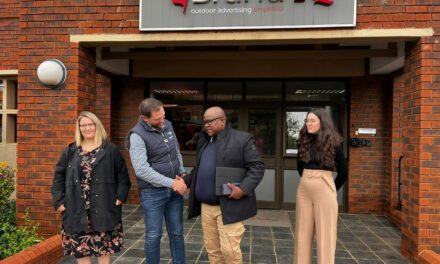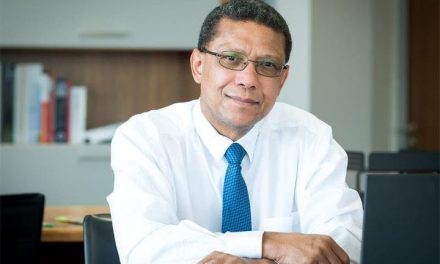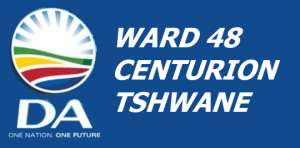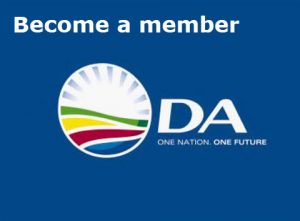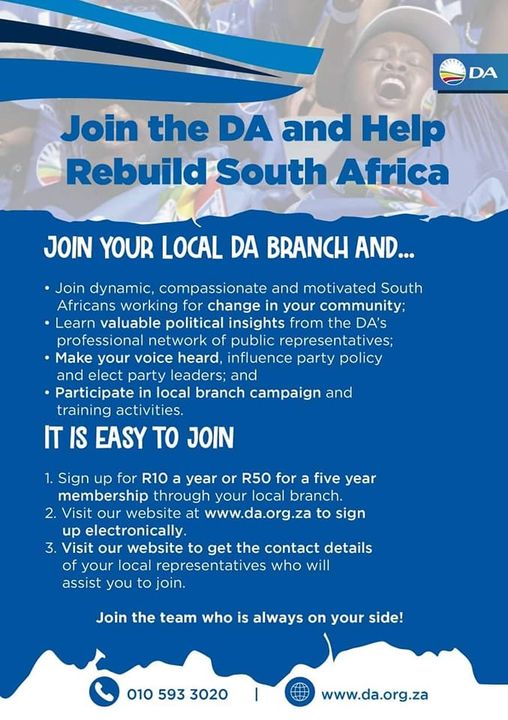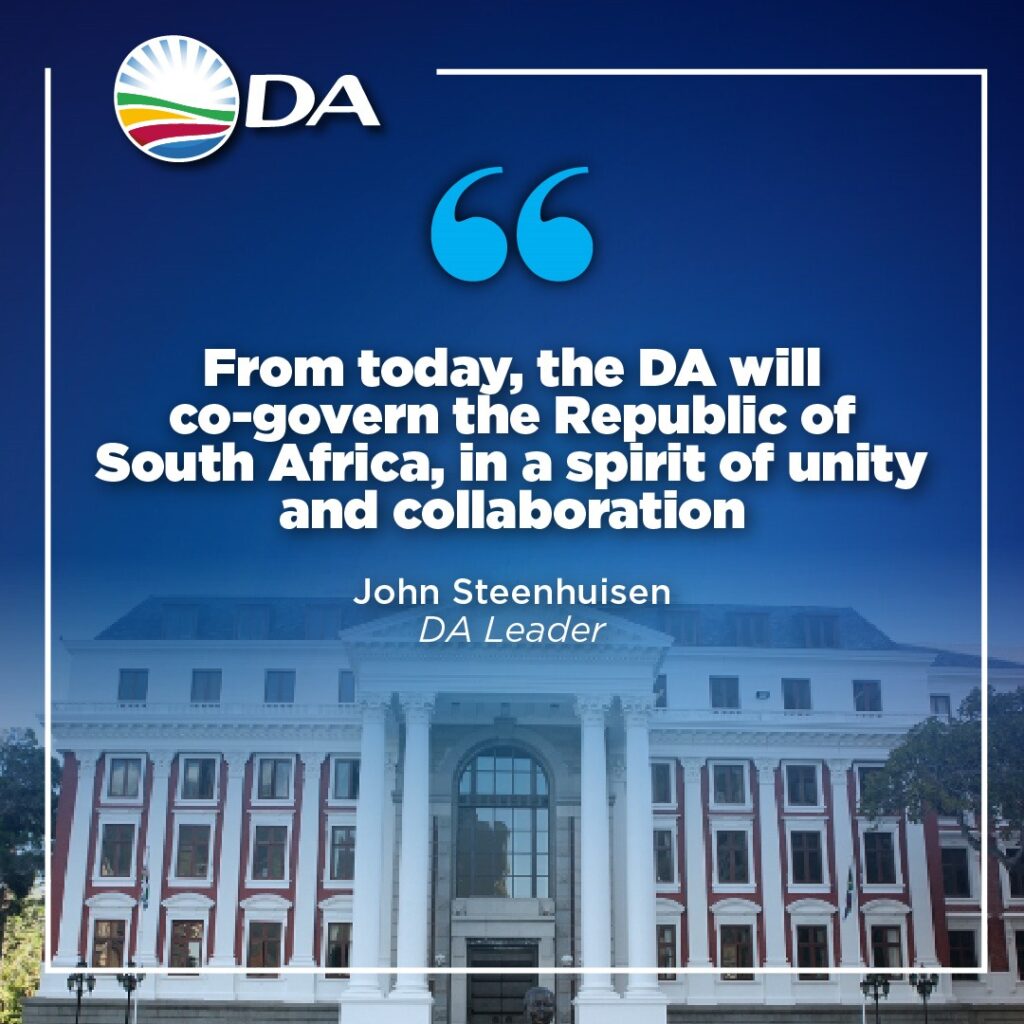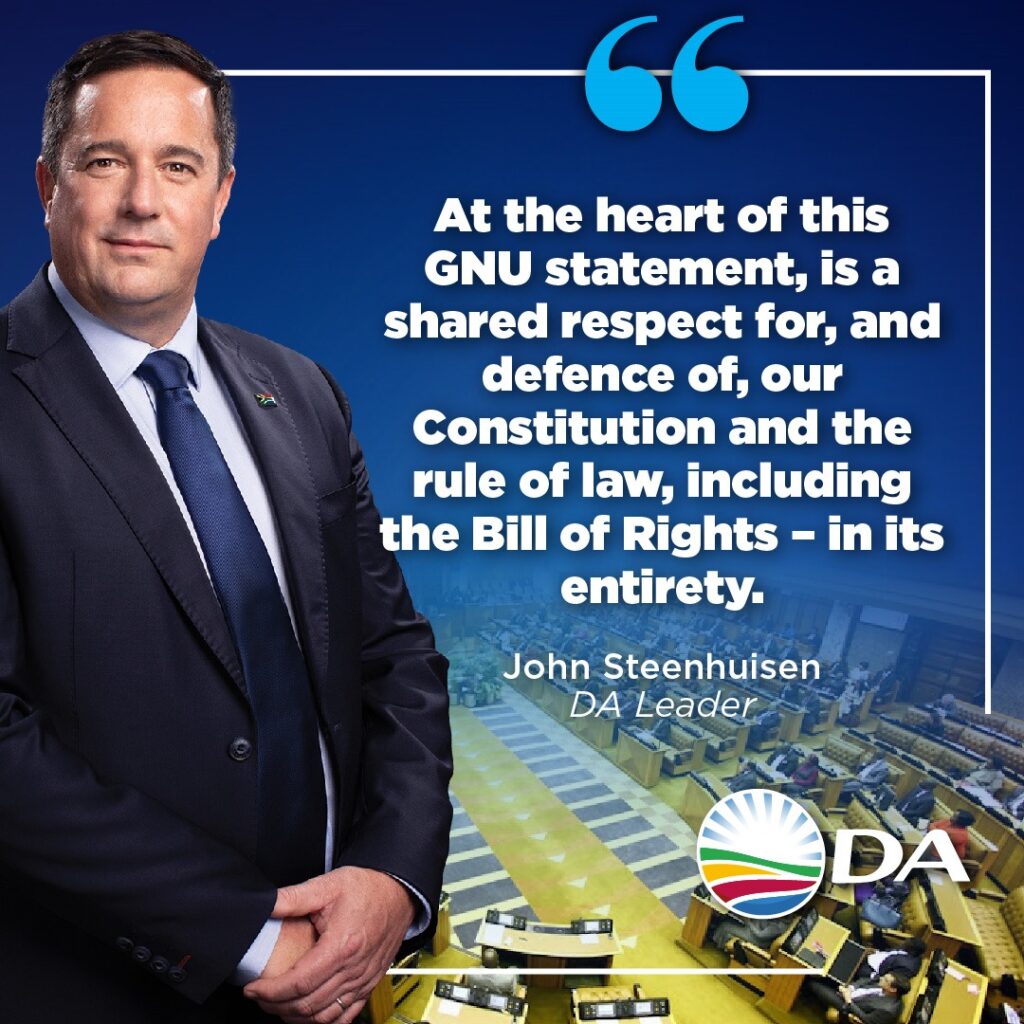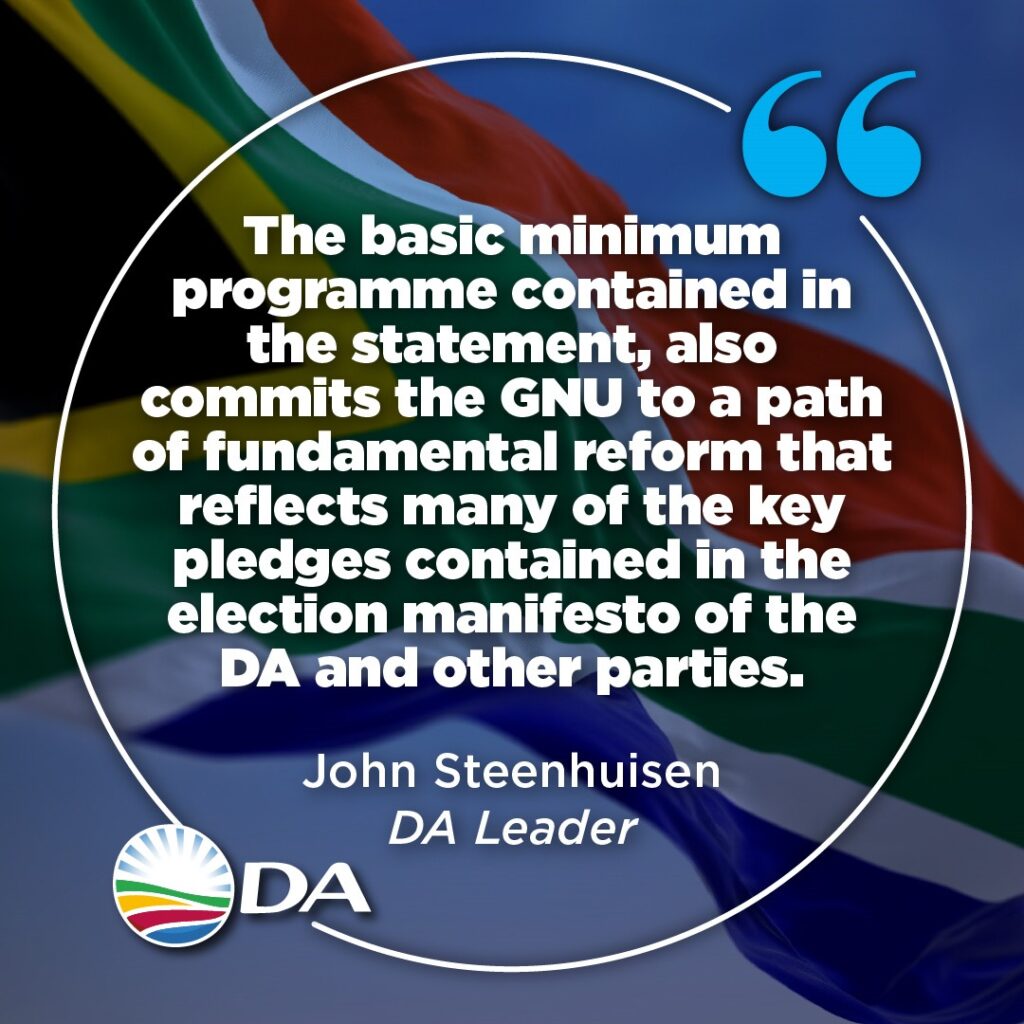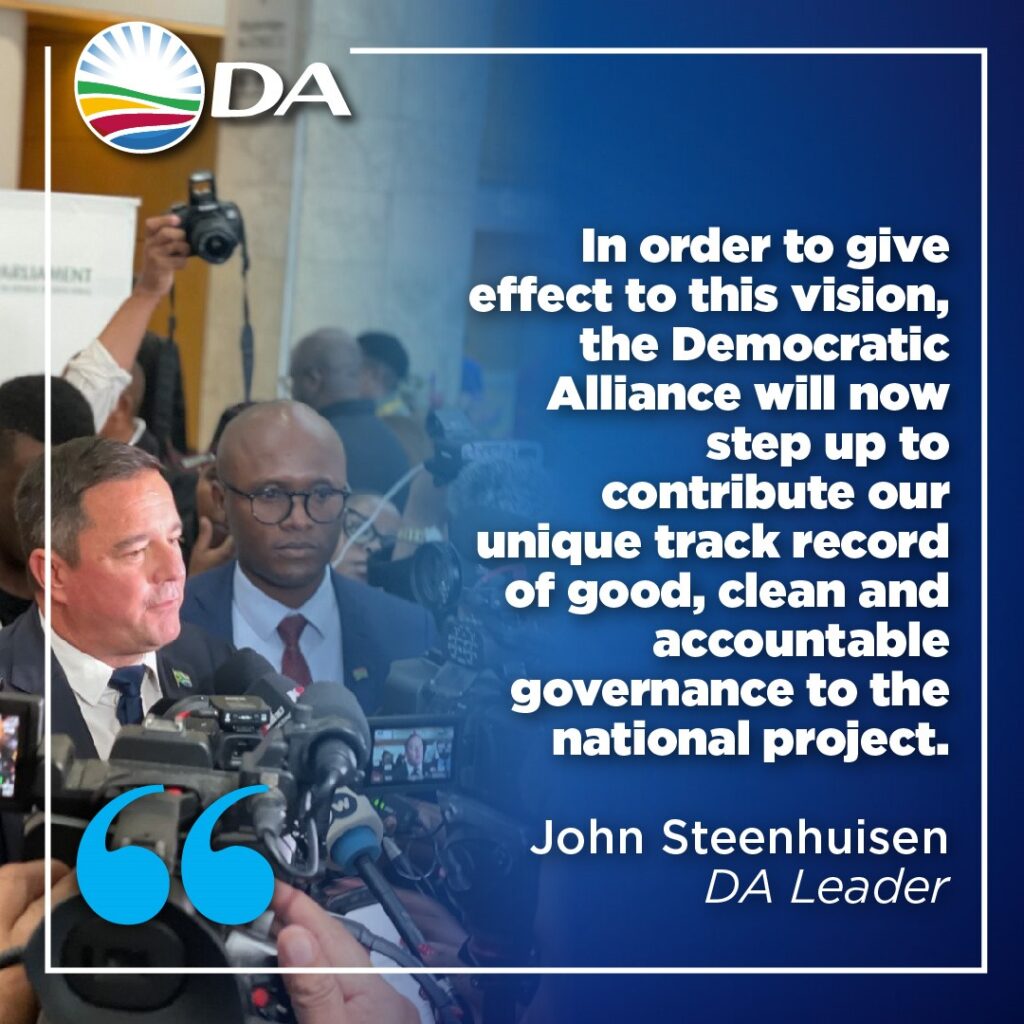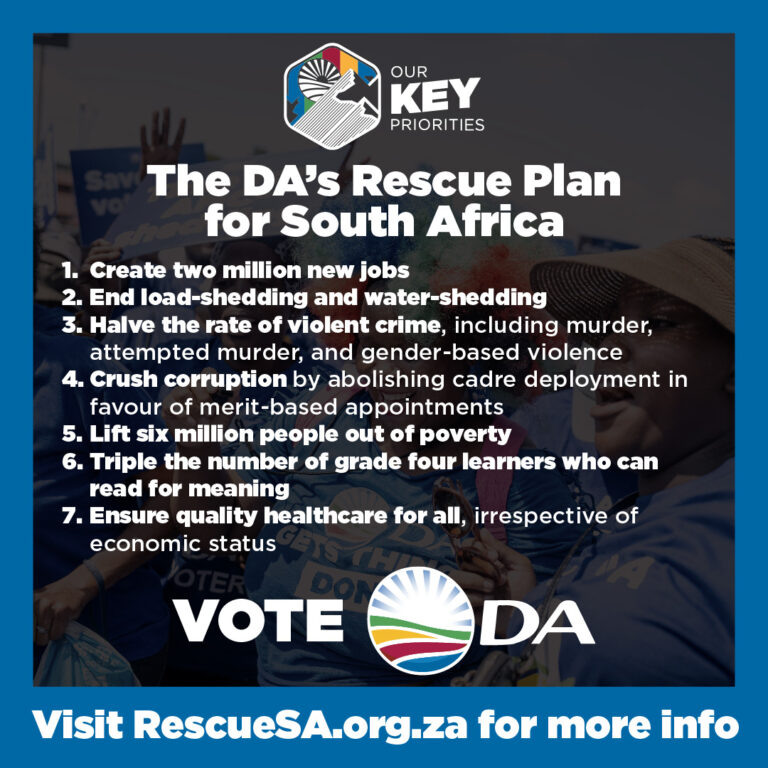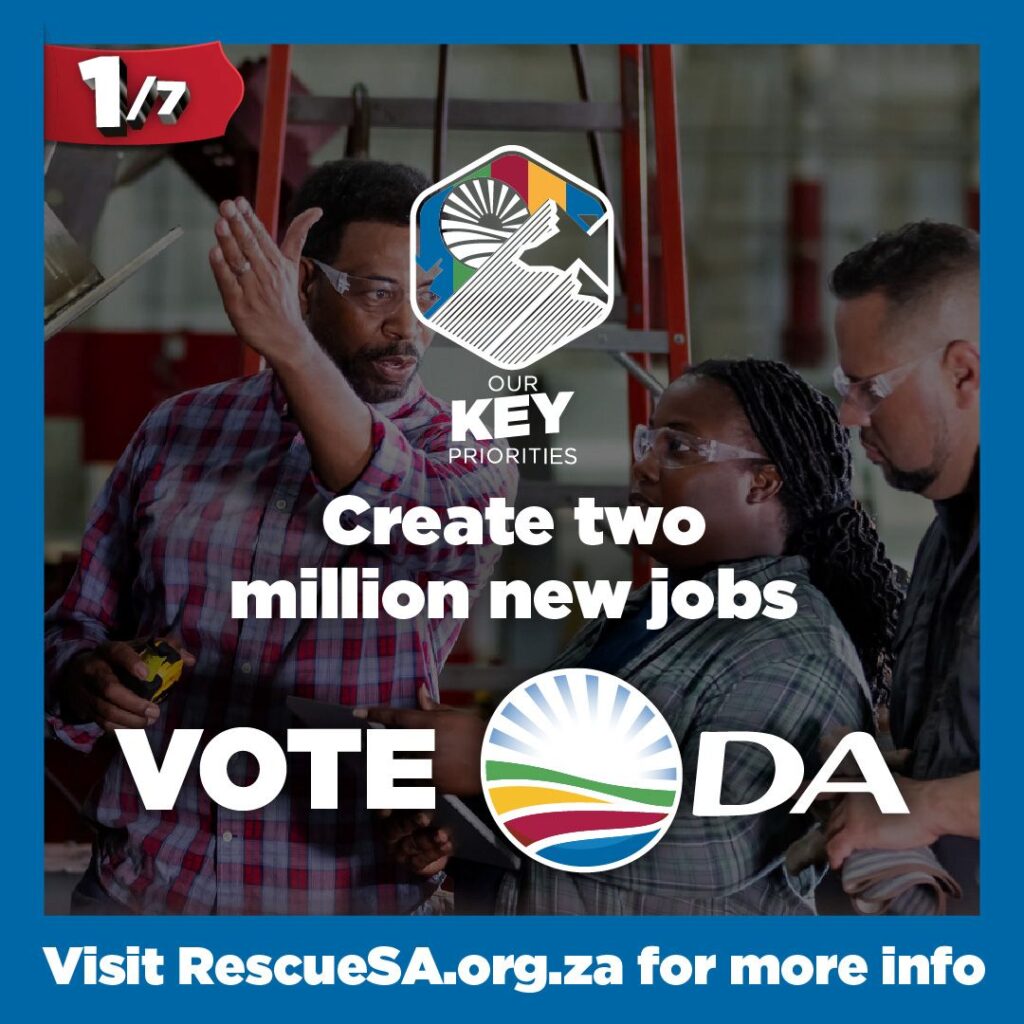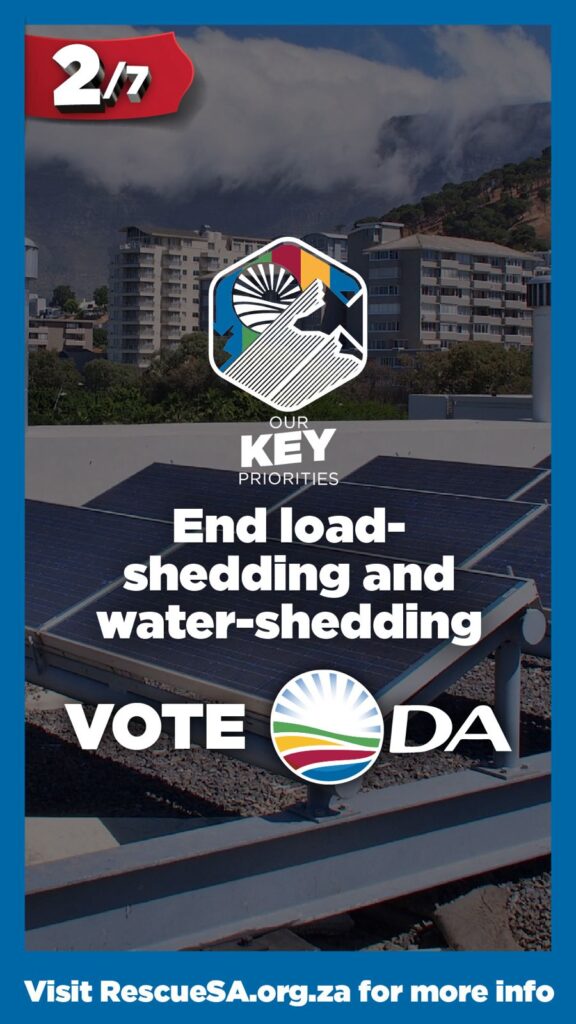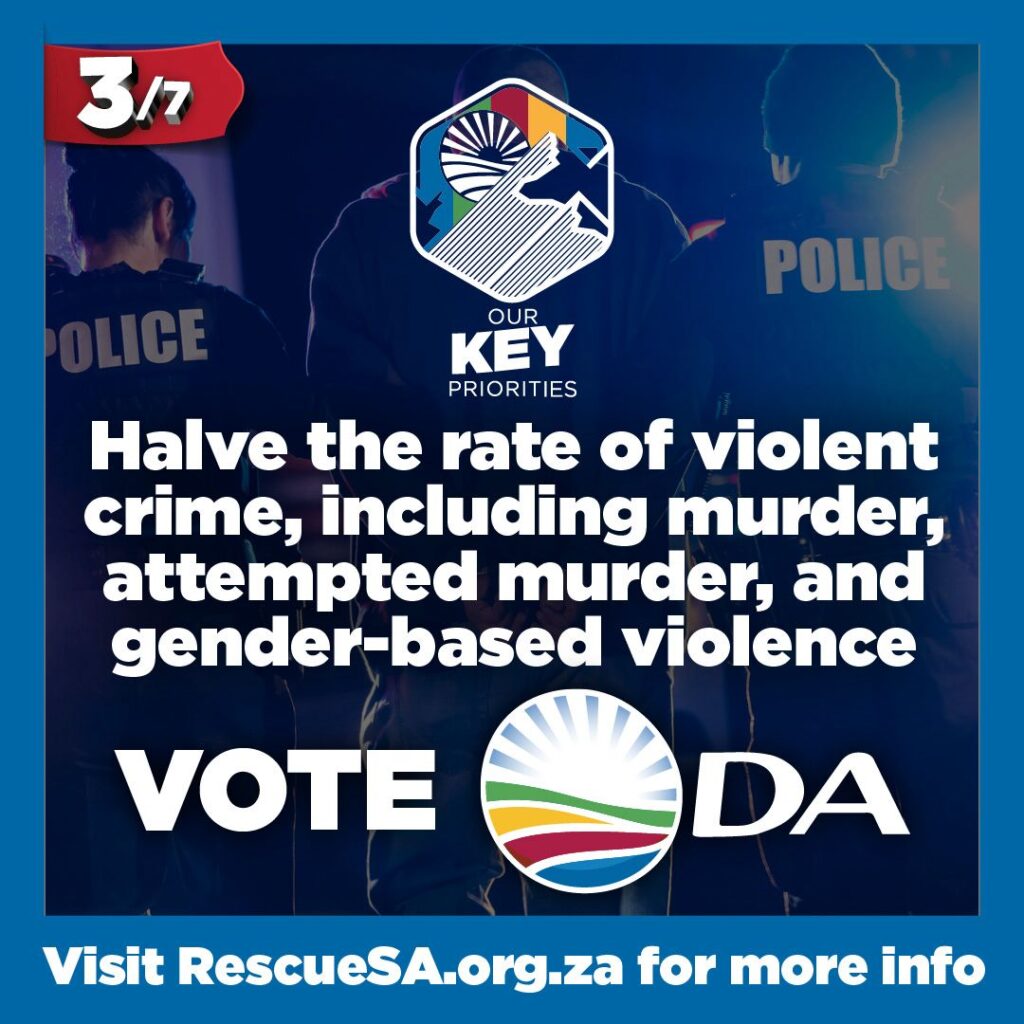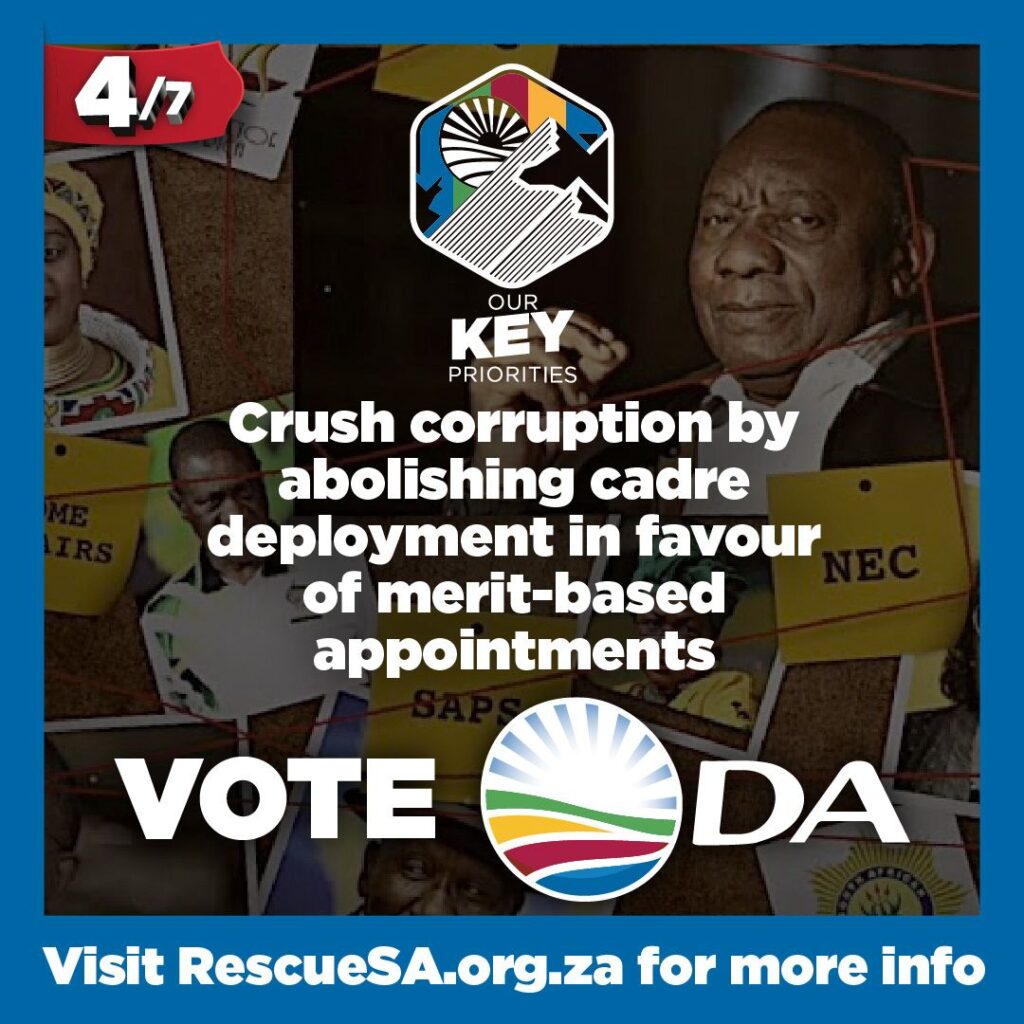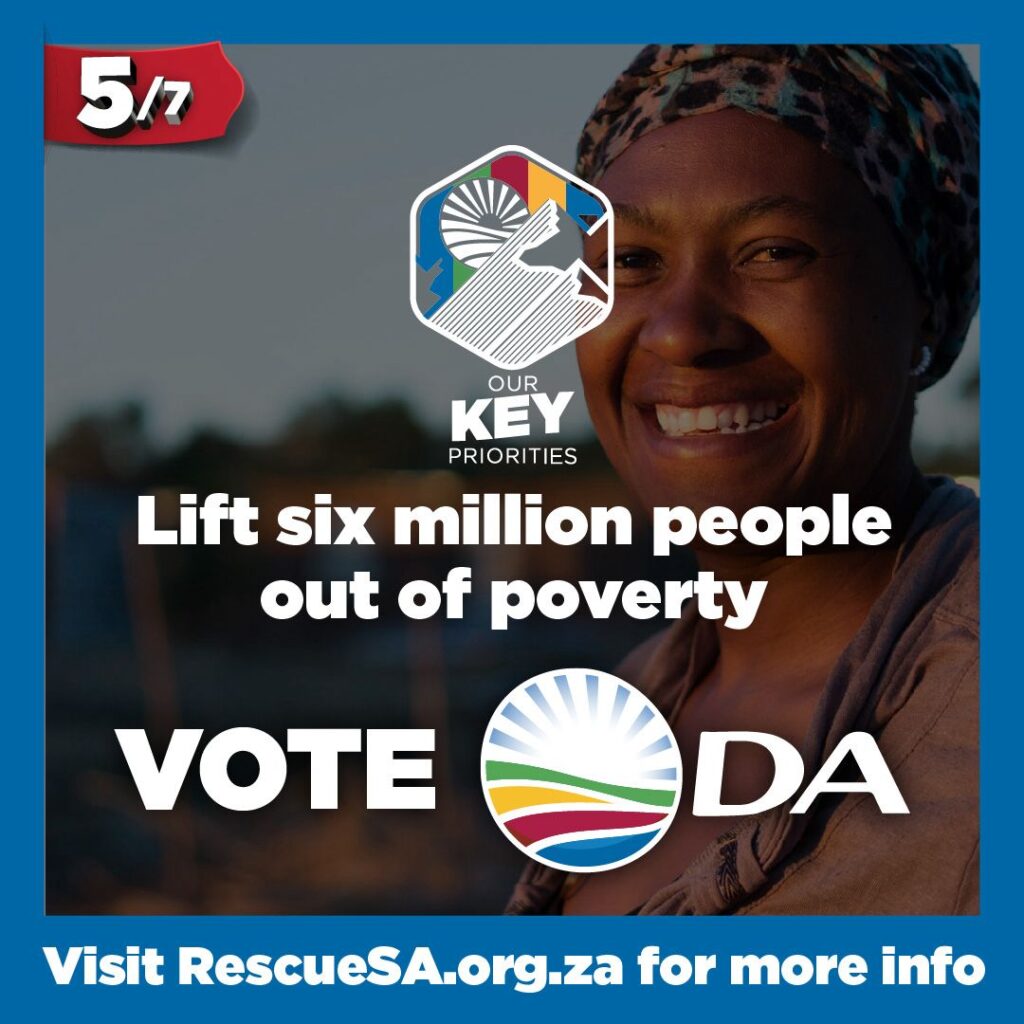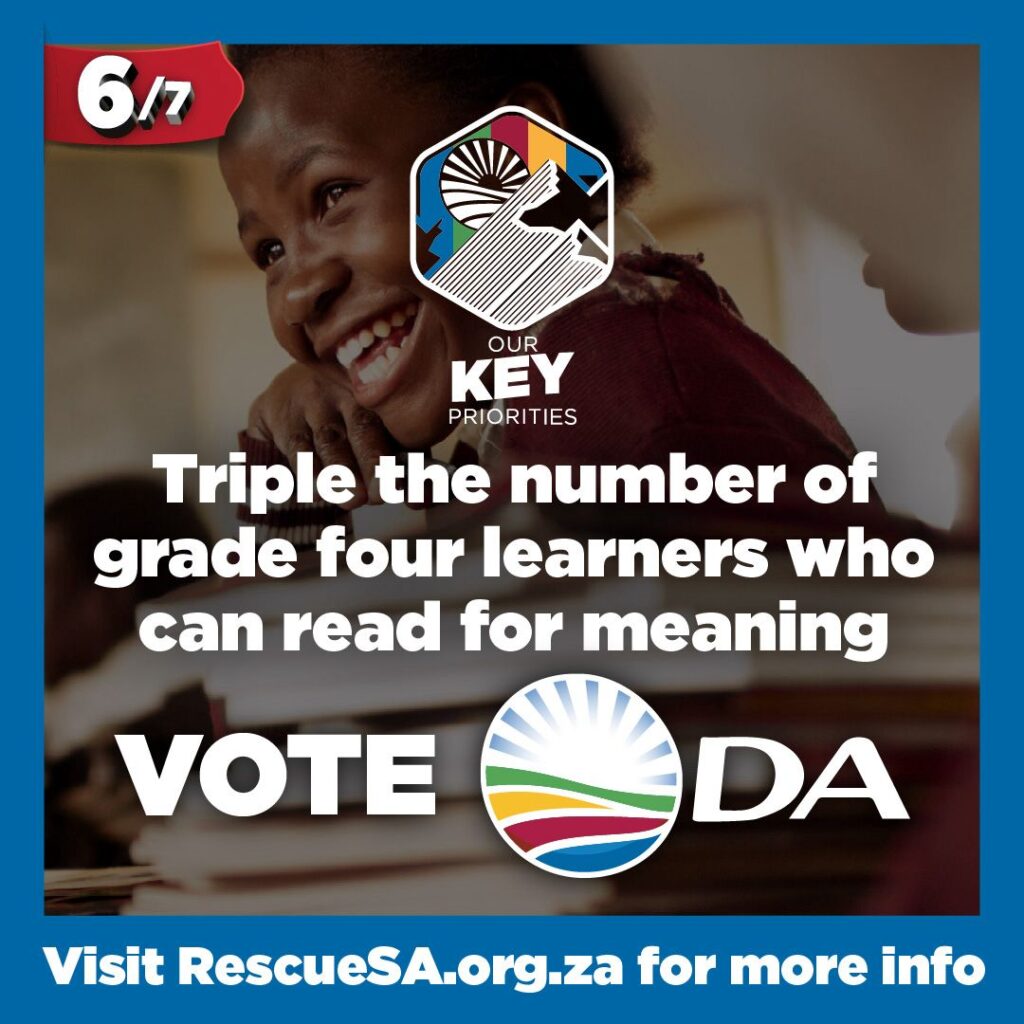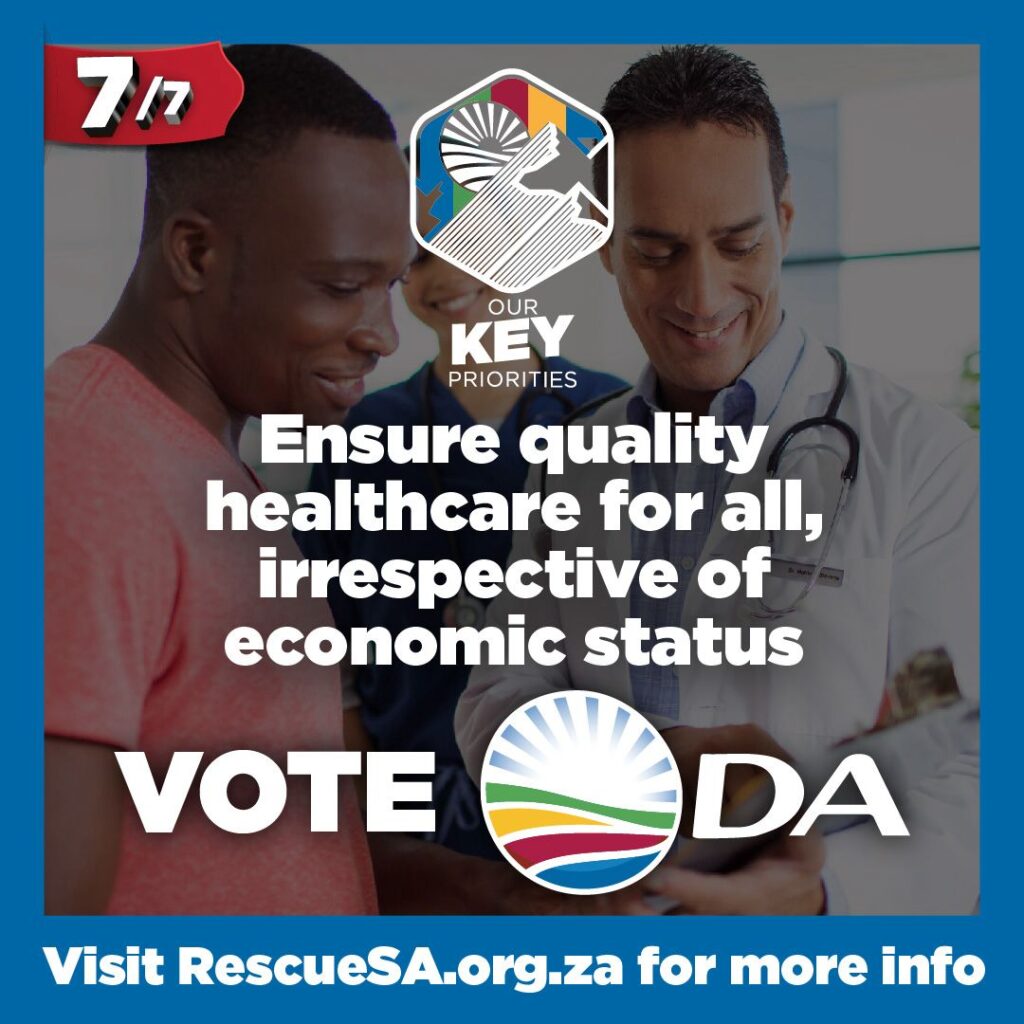Speech by Solly Msimanga, Executive Mayor of Tshwane on 06 April 2017
SoCA 2017: The progress we have made is only just the beginning
06 April 2017
Release: immediate
Note to Editor: This is the speech delivered by the Executive Mayor of Tshwane, Solly Msimanga, at his inaugural State of the Capital Address (SOCA). This address was held at the Pretoria Showgrounds.
Madam Speaker;
Your Excellences, Ambassadors and High Commissioners;
Leader of Council Business;
Chief Whip of Council;
Members of the Mayoral Committee;
Fellow Councillors;
Esteemed Governor of the Reserve Bank;
City Manager and Senior Managers present today;
Leaders of the Business Community present today;
Distinguished Guests;
Comrades and Friends;
Members of the Mass Media; and
Good morning to our VIPs, the resilient people of Tshwane.
It’s an immense honour and a privilege to deliver the first State of the Capital Address since the historic turnover of power that brought change to our City.
My first State of the Capital Address and I stand here before you, the people of Tshwane humbled by your irrepressible spirit which will stand us in good stead for the task before us.
In preparing for the road ahead it is often important to look back at the sacrifices that have been made and to recognize that there are lessons to be learnt.
Often hard lessons.
Madam Speaker,
Honourable Alderwomen, Aldermen and Councillors, on this day exactly 23 years ago, namely on 6 April 1994, the then South African Government and the ANC ultimately announced that the first non-racial election would take place as scheduled, throughout the country. The Independent Electoral Commission then for purposes of the very first democratic election confirmed the 27th April 1994 as the day that would set South Africa free.
As a young South African Constitutional Democracy we are celebrating today that determination on 6 April 1994 which has set in motion the freedom of South Africa.
We today also pay homage to a struggle hero, Solomon Kalushi Mahlangu, who was born in Pretoria on 10 July in 1956. He was tried from 07 November 1977 to the 1st March 1978 for attacks in Gosh Street in June 1977. During his trial, Solomon was brutally beaten, suffered severe brain damage, and was unfit to stand trial. However, as a common purpose had been formed, Mahlangu was therefore found guilty to the charges.
His subsequent execution provoked international protest and condemnation of South Africa’s internal policy. In fear of crowd reaction at the funeral the police decided to bury Mahlangu in Atteridgeville. On 6 April 1993 he was reinterred at the Mamelodi Cemetery, where a plaque states his last words: “My blood will nourish the tree that will bear the fruits of freedom. Tell my people that I love them. They must continue the fight”.
It is this fight for our people, with our people that we continue decades later.
Madam Speaker,
When preparing for such an address it was challenging to know where to start but upon reflection I remembered the words of former President Thabo Mbeki which made it clear that “on occasion such as this, we should, perhaps start at the beginning.
So, let me begin.”
The 3rd of August 2016 was the culmination of months of arduous work and a long journey to win the support of the people of Tshwane to vote for a change in political leadership.
This was by no means an easy task. In fact, at times, it seemed like an impossible task. When Ms Thoko Didiza’s name was belatedly announced as ANC Mayoral Candidate the streets of Attridgeville and other places were ablaze.
I immediately thought to myself that if the people of Attridgeville were rejecting such a senior member of a party they had supported for so long, what would become of the Capital if taken over by the Democratic Alliance.
Nevertheless, we persevered and we realised that the people of Tshwane were not responding to the announcement of Ms Didiza as Mayoral Candidate, but rather revolting against the previous administration’s leadership.
Our people simply wanted change. They wanted change that meant less corruption and they wanted to start seeing our City make progress again.
Change that would deliver better services and offer more employment opportunities for all the people of Tshwane – not just small pockets of the connected elite.
The 3rd of August 2016 came and went and it became clearer and clearer as the vote results came in ward by ward, district by district, that the incumbent party was losing its dominance and that we had a duty to unite as an opposition by putting aside our ideological differences and work together to offer the people of Tshwane, Nelson Mandela Bay and Johannesburg the change they so clearly sought.
A real, meaningful and workable alternative to the rank corruption and self-interest that characterised the former administration.
With the formulation of the government in Tshwane, it was important that we identify the key service delivery challenges that transcended ideologies and united those parties dedicated to improving the lives of the people of our City.
This gave birth to our commitment to transforming the City and ensuring that its apparatus worked to provide our people with a life of value. A life underpinned by freedom, fairness and opportunity.
We identified that the city’s finances were not being properly managed to deliver on the basic services that our people need.
Specifically, we agreed that access to affordable and sustainable electricity and water supply was paramount and should be our top priority. These are the basic elements required for our people to live a life of dignity.
This was the same when approaching the issue of provision of decent housing.
All of which had to happen through the prism of fairness and without fear or favour.
Understanding that the provision of basic services is at the apex of our collective mandate we realised that our goals are the same despite our ideological starting points.
This administration is united by our common desire to serve the people of Tshwane and deliver on our mandate for change.
We have had our disagreements as is normal but I would like to thank our partners for their cooperation and support in bringing about the beginnings of change that our people want to see. We look forward to a robust and fruitful working relationship as we rescue the city from the throes of mismanagement and take it to new heights.
At the first sitting of this very Council, I was elected to lead the City. A daunting task but one for which I was incredibly energised and presented an opportunity for which I am very grateful.
While on the campaign trail we knew that the situation in Tshwane was bad.
We got a sense of just how bad when we learned that the PEU Smart Meter contract at almost R1 billion might indeed be unlawful, unaffordable and providing substandard services to our people.
We knew something was amiss at the Mamelodi Power Station, the Dinokeng: Tribe One Festival and the City Hall.
We just didn’t know how bad it was.
It was only when we came into power that we realised exactly what we inherited. A challenge second to none.
When faced with challenges that seem insurmountable, it is often easier to fall into complacency.
No.
We did not. We were energised and we had to know who we wanted to be as a city.
We knew we wanted to be a city with improved service infrastructure and maintenance to meet demands required by our people.
It was critical that we increase our collection from all revenue sources to 95% to provide the necessary revenue base upon which to provide better services.
It was vital that we worked towards 24 hour one-stop instant customer care so that our residents are not frustrated by government bureaucracy, but rather that they have a pleasant experience when receiving service and are encouraged to pay their rates and taxes and cooperate with the City in future.
Our desire is to be a responsive government that treats our residents with respect in order to build a mutual trust with our residents.
We are working to reach an 80% employee satisfaction rate which will go a long way in ensuring that services are delivered by an enthusiastic and professional staff compliment.
We want to be a City that is safe and boasts clean neighborhoods and public spaces so that residents and tourists can move freely through the City and we can attract investment opportunities.
We want to be a City that boasts that 100% of tenders, agreements and council resolutions are compliant with the law and awarded through due and transparent processes.
Without exception.
We want to be a City that can provide affordable housing and social amenities closer to places of work.
In instances where that is not possible, that an integrated, city-wide public transport system be made available.
Ultimately we want to make it easier for our residents to access opportunities and empower them to make use of those opportunities.
Mindful of the magnitude of the task ahead of us and that time was not on our side to provide better services to our people, we know we had to begin.
So we began.
Council appointed a man in Moeketsi Mosola to lead the administration through some of the greatest and most precarious challenges this City has faced in this democratic dispensation.
And he hit the ground running and we are seeing some of the rewards of having this conscientious man stabilize the city. We look forward to a fruitful working relationship that has already begun in earnest.
We began to labour on a workable adjustments budget and we will continue by passing a fully-funded, balanced budget that supports the IDP.
This IDP has been through comprehensive public participation to ensure that it is aligned with our peoples’ will.
As we reflected and still reflect on the past financial predicaments in which our City finds itself, it is important to heed the lessons the Auditor-General’s financial statements offer and work tirelessly to turn our financial situation around.
Not just for the sake of fixing it but for the purpose of making the City work for its people again.
To deliver on the promises we made to our people.
And in this spirit we urge our residents and civil society to diligently engage the IDP and draft budget that last week went out for public comment.
An IDP and draft budget that prioritises the needs of our people especially the most vulnerable in our society.
An IDP and draft budget that looks to correct the skewed priorities of the former administration that threatened to relegate even more of our people to a life of poverty.
In real terms this means we have published an unapologetically pro-poor IPD for public comment that we are confident will achieve the following:
10150 new water metered connections
Improved weekly waste removal services
· 6500 new households with access to sanitation
10400 new electricity connections
121 km municipal storm water drainage network provision
13km of tarred road will be provided to communities who have never had tarred road before.
Start formalising 7 informal settlements will be fully formalised which will be henceforth known as Project Tirane.
Realise 104 000 of new income earning opportunities facilitated by the city
The city is also looking to attract approximately R10.8 billion in investment and the rejuvenation of our inner city will go a long way to achieving this.
The Inner City Rejuvenation Programme is not designed to stifle the work of informal traders and other businesses in the city but rather to create an environment that invites residents and tourists alike into the city.
This will dramatically increase the influx of people into the city and increase the market to which they can sell and with it considerable investment.
For this to happen, the city has to be made safer by ridding it of all illicit activity; buildings and infrastructure have to be restored in order to attract big business and investors, and make Tshwane conducive for trade, inviting for residents and tourists.
This will take some time but we are committed to restoring order and dignity in our city, and informal traders are not forgotten in our endeavours.
Many of these initiatives will be supported by a funded budget which we are confident will bring the much-needed change our people fought for.
We believe this IDP highlights the fundamental spatial and economic realities of the City of Tshwane and will further provide a baseline upon which the current administration can work from, in order to propel the City forward again.
The restructured IDP will achieve sustainability, address poverty, provide dignity and be responsible technically, fiscally and economically. Within Tshwane’s context, the geographical areas and types of projects that are more likely to achieve these objectives will be those that address eradication of service backlogs, spatial restructuring and those projects catalytic to economic development.
We believe that the will of the people ought to be at the apex of our priorities and we need our people to contribute to the running of their city.
We want our people to be heard. Not just during elections but in the day to day running of their homes, streets and places of work.
Tariff hikes and affordability for residents:
In order to cater for underprivileged households, the City has in place the Indigent Programme which allows eligible households earning a combined gross income to qualify for rebates, support or a services subsidy as determined by the municipality.
In terms of the Indigent Policy, beneficiaries need to be re-evaluated every twenty-four months to verify their economic and social position. Depending on the outcome, qualifying beneficiaries will be re-registered.
To address the multitude of inefficiencies and fraud inherent in the database – where City officials and non-qualifying households were illegally receiving the indigent benefits – the City embarked on evaluation roadshows across the City from September 2016 wherein residents were called to reapply in order to affirm their qualification.
Our goal is to work towards a list that ensures that all those who qualify for social assistance receive the assistance they deserve, while removing those from the system who has benefitted unlawfully.
Madam Speaker,
It is also common cause that when an institution is experiencing change there will be a lot of anxiety which requires delicate management.
Achieving our goals will require us to adhere to the two guiding principles of stabilisation and revitalisation that will help us realise our commitment to better, more efficient service delivery.
These are terms that have guided the Mayoral Committee and myself through some of the most trying times in the resuscitation of the Tshwane government’s ability to deliver better services.
The stabilisation of this new government is the critical foundation on which to create an environment for attracting investment into our beautiful city.
We were also abundantly clear that those who are leading this charge were ready to internalise the values and ethos of excellence that our City needs to make progress.
This meant that we had to be smart about how we used what little money we have, and use that money responsibly.
Madame Speaker,
As unpopular as it was we amended the macro structure to cut down on unnecessary expenditure on a top-heavy management structure that saw institutional duplication and not enough actual delivery on the ground.
This was for the purposes of creating a leaner and cleaner machine to ensure that the framework for efficient service delivery was in place to deliver professional services to our people
We were able to recruit diligent senior management who have committed to striving for excellence and will be performance monitored on the basis of achieving our goals.
This will, in part, be supported by the adjustments budget we were able to pass unanimously which will start to deal with the almost R2 billion deficit incurred by the previous administration.
During the formulation of the adjustments budget it became more and more clear that the former administration’s management of public funds was nothing short of abysmal.
In preparing the adjusted budget for Council’s consideration it was clear that the former administration did not care at all about the betterment of the people they were elected to serve.
They instead elected to prioritise self-interest.
This has had real implications for the City’s finances and its capabilities.
By not investing in proper supply chain processes, the former administration wilfully allowed for millions of rands to be looted from Tshwane’s coffers.
This is most aptly evidenced by the Checkpoint “Shoe Polish Debacle” to the tune of approximately R30 million.
Weak supply chain discipline also allowed for a panel to be set up to circumvent due process in the botched City Hall renovations that will require more money to fix.
As such, a financially stable and viable city was the first priority in addressing the systemic problems that have given birth to so much discontent within our communities. This includes, but is not limited to, the drug trade and the associated illicit activities that accompany it.
This has also given rise to the tensions that have arisen in past few months because of a lack of opportunities fostered by an incapable City.
It is for this reason that we have also prioritised the proliferation of EPWP job opportunities for the people of Tshwane.
Within the next financial year the city is looking to create 23 000 EPWP job opportunities for our people to alleviate the burden of poverty.
Importantly we will ensure that these opportunities are distributed in a fair and transparent manner and not on the basis of party political affiliation.
This will be supported by the numerous projects we intend to commence within the coming financial year.
These job opportunities will be supported by the building of a new fire station in Mamelodi and in so doing ensure that the people of Mamelodi have better access to this emergency services.
The creation of these job opportunities will also be made possible by a R660 million investment in our industrial nodes such as Watloo, Rosslyn, Kangala and other identified areas with respect to bulk infrastructure that brings work opportunities closer to the people of those areas.
By the introduction of an open-bid adjudication process we will ensure that business done with the city is fair and free from corruption as part of our commitment to being an open and transparent government.
And that access to work opportunities that flows from these projects is equally fair, equitable and free from corruption so that more of our people can benefit from the work being done in the city.
The City believes in making opportunities available to the largest number of people. Exclusion periods for those previously employed, ranging from one to three months, have been tailored to ensure that the EPWP does not repeatedly benefit the same group of individuals to the exclusion of others.
Significantly, the approach excludes councillors from involvement in the recruitment process to avoid the programme being abused for political purposes and vote buying.
So, Madame Speaker,
The fight against corruption and the provision of work for our people has long since begun.
In order to get to this point it was critically important to fully appreciate the complete and utter mess that we inherited at the hands of the former administration.
The poor political leadership and financial mismanagement of the past has put considerable strain on the City’s ability to function and provide the services our people not only need, but in fact, deserve.
Therefore turning around the City’s finances is our apex priority so that we can deal with the infrastructure that the former administration made no provision for and allowed to suffer from years of neglect with respect to preventative infrastructure maintenance.
To put this in context, a meagre 4% was allocated for preventative maintenance of water infrastructure.
For a metro this size it is almost criminal because that has real and meaningful implications on the City’s ability to deal speedily with water interruptions.
To address this, in part, the City has made an initial R13 million investment into the restoration of water infrastructure in the last two months and have tendered for a R2 billion contract to refurbish, upgrade and replace some of the ailing infrastructure that was neglected.
This, in real terms, means that more people across the City will have reliable access to water for their everyday use.
This is not unique to our water woes and is indicative of the poor and irresponsible use of the city’s money by those too preoccupied with vanity projects such as the Mayor’s Mansion.
Speaking of the Mayoral Mansion and following extensive consultation; I am happy to announce that the City will officially be selling the Mayoral Mansion which we have long believed is unnecessary and can free up funds to embark on other meaningful projects and programmes for the people of Tshwane who, as I have long asserted, are our true VIPs.
I wish to commit to the people of Tshwane today that the proceeds made from the Mayoral Mansion will be earmarked to building houses for so many of our people who need access to decent housing.
Despite this less than desirable picture we inherited and with the passing of the adjustments budget, I wish to reassure the people of Tshwane of this administration’s commitment to turn the City’s finances around.
Arguably our greatest achievement thus far has been to pass a fully funded adjustments budget as we currently formulate a realistic and progressive budget to put to Council at the end of May 2017.
While dealing with the high-level budget politics we have held on tight to our commitment to providing services at the same time.
Hold on.
I’m still getting warmed up.
Like I said, it’s only just the beginning.
Water and Sanitation:
The National Department of Water and Sanitation (DWS) published notice in the Government Gazette on 12 August 2016 on limiting the use of water of urban and irrigation purposes from the catchment areas of the integrated Vaal River System. 15% curtailment on urban water usage was required.
The City of Tshwane as at 16 January 2017 achieved a saving of 21.7% of water from the Vaal River System. This was due to the co-operation of its residents after the City launched an aggressive awareness campaign to inform residents and businesses, which included:
· Informing residents about the current water shortage situation and restrictions to be implemented;
· To urge consumers to use water sparingly and to reduce water demand by 15%;
· To urge residents to report water leaks; and
· To assure residents that the city is prioritising and attending to report water losses.
The Water and Sanitation Education day-to-day activities promote awareness, guide education and communicate the responsible use of water. It focuses on the need to restore and preserve the integrity of our most precious resource.
The level of the Vaal dam is now in excess of 90% which has seen the lifting of water restrictions by the Minister. However, we continue to encourage our residents to continue to use water sparingly to avoid landing up with water scarcity in future.
Water conservation must become a way of life and the responsible use of water as a scarce resource must continue.
We thank our residents for their discipline and patience in this regard while we work in earnest to ensure we begin dealing with the infrastructure backlog that continues to plague the City.
I am happy to announce that the MMC responsible for Infrastructure, Cllr Darryl Moss, on Monday attended the project completion meeting for Soshanguve water pipe replacement.
The pipes in Block AA and F were old asbestos cement pipes, and being past their design life, were leaking profusely. The community requested a pipe replacement project, and the City was able to fit this into the overall programme.
The project was of 8 months duration, and was valued at R10.8 million. 4 653 meters of pipe was replaced, and 59 local labourers were employed.
Progress is being made.
Energy and Electricity:
Electrification of households play an important role to the City at large. The supply of electricity to “new” households’ will improve the lives and living conditions of our communities.
A few areas have been identified though the current leadership where new connections have been planned, the projects are underway and other projects are completed. These areas include:
• Nellmapius Ext 24 where 1000 connections are done in Ward 15.
• Soshanguve South, Ext 19 have a planned number of 500 households electrified,
• Mamelodi Ext 5 for 74 households,
• Melusi Ext 2 for just over 200,
• Winterveldt for 256 households.
To date, more than 80% of households in the City have access to electricity. This goal is achieved through partnership between the City and ESKOM. Although most people have access to electricity, the energy mix of the City is still not diverse. This is something the City is working diligently to fix.
The Department is focused on providing a sustainable supply of electricity and are investing in bulk infrastructure and network upgrading.
By achieving this goal, the City is providing an increase in access to households with electricity.
These projects include the upgrading and construction of new primary substations and high-voltage power lines. The following milestones have been achieved and the projects include but not limited to:
Upgrading of Eldoraigne substation:
The new substation building and all the indoor equipment including the 11 kV switchgear, control and protection panels and all auxiliary equipment are installed and commissioned. The outdoor yard paving and fencing is completed. Work in the High Voltage (HV) yard is in progress with the construction of the reserve bus bar and bus coupler already completed. The testing and commissioning of the reserve bus bar is in progress.
The construction of the substation building extension and installation of 11 kV switchgear, control and protection panels and all auxiliary equipment was installed. Most of the outdoor equipment in the HV yard was also installed.
The contractor is about to start with paving and fencing of the HV yard. The testing and cold commissioning of the 11 kV switchgear and protection and control panels are in progress. The progress on site suffered delays due to constant work stoppages by the community insisting on local sub-contractors demanding work however, the City is at constant communication with the local community to address their issues.
We will ensure that every corner of this vast municipality has access to safe, sustainable and affordable electricity. We are making strides.
As I mentioned earlier we, and our partners in government, are committed to finding new and innovative ways to make the supply of electricity sustainable and affordable for our people.
In view of this, I am happy to announce our flagship policy on Embedded Power Generation, which promotes small-scale solar power generation by residents whereby they have the opportunity to sell their excess power back to the City.
Embedded Power Generation is essentially allowing small power generation by residents or small businesses for their own use, with the additional opportunity of allowing them to sell their excess power to the City, while at the same time being able to purchase power from the City when their own generation runs low.
In simple terms; residents can generate solar power from a roof-top panel during the day, and sell their excess to the City. At night, when the resident cannot generate solar power, they can purchase from the City. This is a major step in our renewable power policy and our first step in a real green power development.
The spare electricity generated can be used to make up during instances where we have a shortfall. This innovation mitigates both the economic impact and inconvenience of load-shedding, and saves on the cost of buying electricity at peak rates.
We have begun to illuminate our City once again.
Roads and Transport:
A meeting was held at Lux Mundi Gemeen Church with the MMC for Roads and Transport, Cllr Sheila Lynn Senkubuge, as well as senior managers from Tshwane Bus Services (TBS), where concerns were raised by the commuters. The community further indicated that they have even established a WhatsApp group to ensure that commuter communication platforms that keep them updated on bus arrivals etc.
In responding, the senior management acknowledged the shortfall and indicated that in resolving the current inconsistencies, the current bus schedules have been recently revised in order to align with the current resources available i.e. 162 shifts with effect from November 2016. This is to maintain consistencies as well as to build commuter’s trust.
TBS senior management also committed to establish the Facebook page as requested by the commuters as it’s proven to be the effective means of communications.
One such query received from Facebook was from one Sbu Nunu from Block T, Soshanguve
He said: “Good morning Mayor. Can you kindly address the issue of tar road in block T, Soshanguve.”
This is indeed one of the apex priority in the roads and transport space which we are seeking to address Sbu and I commit that the roads of Soshanguve will be dealt with.
These platforms are not only about complaints as the commuters also sang praises to some of the improvements already implemented and rapid response they normally receive from the TBS when complaints are raised. The commuters singled out a specific driver (Mr John Lesinga) who drives 1135 shifts and who, on more than one occasion, found a Laptop and managed to return it to the rightful owner who left it in the bus unattended.
Thank you Mr Lesinga for your honest and professional service to our people. Yours is an example that all civil servants should follow.
A visit to Bronkhorstspruit was conducted, where service delivery matters such as disintegrating roads, unavailability of grader drivers, potholes etc were discussed at length and site visits were then conducted to have first-hand experience of matters raised so that meaningful solutions can be found and pursued.
We also conducted a visit to Region One, where various areas were visited to highlight the state of roads that were in a terrible state and the Stormwater that’s poorly maintained which is a problem that we identified as needing attention to avoid our people falling victim to the floods experienced late last year in Johannesburg and other parts of the province.
In order to resolve the above raised issues, which are more maintenance related. The regions together with Roads and Transport are to re-visit the current planned maintenance plan with the intention of revitalizing it to get alignment with the current burning issues of service delivery.
MMC Senkubuge, alongside her senior management is doing all that is possible to improve the seemingly broken-down relationship with the commuters and further requested commuters not to hesitate when unfairly treated so that explanations can be provided to enhance service delivery.
A Re Yeng, Come along on this journey with us as we create a mobile and efficient city.
Housing and Human Settlements:
We, as a City, have noticed that there is a high demand for affordable rental within the city that outweighs the supply. The City has developed a project pipeline that will ensure that the affordable rental market is catered for.
Of these projects, Townlands which is being implemented by Housing Company Tshwane, will yield 1200 units. Implementation will be done in phases as the project will be completed in 2019. Thembelihle Village, which is implemented by YCH, will yield 733 units. This flagship project is currently under construction and is done in phases.
The first phase of 241 units has been completed and units have already been occupied since the 01st of February 2017. Over and above that, the City is in the process of developing an affordable rental housing strategic plan which will assist in accelerating the delivery of affordable rental stock.
In order to achieve this, the City is committed to working closer with its stakeholders; Gauteng Department of Human Settlements, Social Housing Regulatory Authority, Gauteng Partnership Fund and other relevant stakeholders in order to derive benefits that accrue from working together.
New homeowners rejoiced in Soshanguve Extensions 12 and 13 when Cllr Mandla Nkomo, MMC for Housing and Human Settlements along with the Councillor for Ward 37, Cllr Siphiwe Montlha, and officials of the Housing and Human Settlements Department on 25 February 2017, handed over title deeds on properties to 216 residents.
The residents expressed their happiness after they were given the title deeds for their properties. However, there are 468 title deeds still to be handed over two areas in the coming weeks.
Housing officials in Region 1 will continue to issue these title deeds. Therefore, people are encouraged to visit our offices to collect them.
Over and above that, the department is in the process of finalising the outstanding 1460 registrations out of the combined project total of 3198 properties.
The housing handover ceremony at KT Motubatse Hall in Soshanguve, was met with undue disruption by quarters of the community led by members of the former administration who were clearly still bitter about their electoral defeat. What is truly disappointing is that this was done in an attempt to disrupt the handover of much-needed housing and title deeds for the people of Tshwane who desperately need it.
In any event we were able to make progress on our mandate to handover title deeds and houses to eligible members of the community who have been waiting for this for some time. Despite attempts to disrupt the meeting, the handover of houses and title deeds proceeded.
Additionally, a total of 6 000 title deeds are ready and will be conferred to beneficiaries over the coming weeks.
The City of Tshwane is working with the provincial government to ensure that a range of housing opportunities are available for different income levels and speeding up the delivery of title deeds to state- subsided housing so that recipients have legal ownership of their homes.
Projects currently being implemented include construction of tarred roads in Soshanguve Extension 12 and 13 where the community will enjoy dust free streets. The main road is currently being tarred in Extension 13 and a total of 3,5 kms will be completed by the end of the year, with the remaining 3,5 km to be completed in the new financial year. Internal streets of 3km distance are tarred in both extensions and the remainder of 17 km will be completed in the next two financial years, a total of R46-million has been approved for this work in this financial year.
Under the multi-party government, Tshwane will continue to champion equitable and fair access to a range of housing solutions to deserving individuals.
This like Rome, will take time but sit tight, People of Tswhane, change is here. It takes time but look at what we have been able to do in a short space of time.
And it is only the beginning.
Community Safety and Security:
Governments across the globe have a duty to keep communities safe to protect the life and limb of their residents and to inspire investor confidence.
It is common cause that investors are more reluctant to invest in places where crime is rampant because this causes threats to human capital and the businesses they set up in any given locale as was again highlighted in my meeting with the Ambassadors and High Commissioners from EU Countries.
We received a petition from the Pretoria North community, the concerns raised by the community were: road traffic safety concerns, visibility of the Tshwane Metro Police and the general safety in the Ward.
The Speaker’s office representatives together with the MMC for Community Safety, Cllr Derrick Kissoonduth, received the petition and a solid working partnership between different stakeholders were emphasised in order to ensure a safe City of Tshwane for all.
MMC Kissoonduth also met with religious leaders to discuss a plan of action around safety and security in the Municipality. The discussion was also a channel to build strong working relationships with the different sectors within the Municipality.
This will be an on-going process, although no resolutions were taken a working relationship was established.
The USA embassy offered the City of Tshwane a training opportunity to the TMPD and opportunities for female Metro Police officers to attend a Woman Leadership Institute (WLI) that will be held later in 2017 in Cape Town. The meeting was used to strengthen the working relationships between the City of Tshwane and the USA, the embassy also offered consulting in terms of policing, policing management, policing strategies and leadership.
The Social Crime Prevention Unit conducted several awareness campaigns around the City on the following issues: domestic violence, scholar patrol and road safety campaign. The TMPD drug unit, recorded 14 arrests of drug related crimes in different parts of the City and suspects were arrested for possession of drugs. The unit also made two arrests for stolen vehicles and the vehicle was recovered. Several arrests were made in the Ondersterpoort area for cable theft.
Drugs:
Appreciating that drugs are a scourge on our community and keep our citizens away from productivity or are driven to drug-related crime and illicit activity; we recognized that the City needs a comprehensive region-specific focus on our drug problem to supplement the great work already being done by the Anti-Drug Unit we announced last year.
Our administration remains committed to fighting the drug problem in recognition of the devastating impact it has on our communities.
Our preoccupation is to fight the drug problem while creating the opportunities for employment and productivity across the City to employ our people so that they may too live a better life and not be condemned to a life of poverty or even condemned to death.
We have to rescue our lost generation from this and we have to leverage our regions and existing tools to make progress in this regard.
Some of the work in our regions has gone a long way to denting the problems we face with drug abuse as follows:
Region 1A Garankuwa/Mabopane
Five NPO’s funded: Aga Sechaba, Kamogelong ya Sechaba, Kopano ke matla, Thusong care and Support and Fetoga Rehabilitation Centre. In the month of February, the NPO’s managed to collectively reach 1298 people including direct service users through programmes such as service users’ day in which they are identified for referral, workshops presented by the South Africa Tuberculosis Association, awareness campaigns, door to door campaigns, health talks, parents support groups and individual counseling to parents of service users.
Region 1B Soshanguve/Winterveld
This is one of the largest areas which has 13 NPO’s: Letsema for Development and Democracy, Performance Improvement C&YCC, Tshwane North Outreach, Heaven’s Defence Force, SANCA Castle Carey, Atlegang, SANCA Soshanguve, Botho Socio-Psychology, Africa entle, Dream Team Foundation, Morongwa Rehabilitation Centre, Are thabeng Youth Development, Rock of Faith.
Activities include the “Ke Moja” programme, Life skills training workshops, awareness campaigns, prayer sessions, prison tours for service users, support group session, dialogue, youth camps, sports tournaments, puppet shows and wellness exhibitions in schools. A number of 2597 people was reached and 153 service users engaged for intervention.
While we know there is still so much to be done in this regard we encourage our people to work with us as we charter a renewed fight against drugs which we hope to bring to all regions
We have made progress but work with us, this is only but the beginning.
TshWi-Fi is here to stay:
Despite misinformed rumours that the City is cancelling TshWi-Fi, the City has in fact continued with certain projects like Wi-Fi.
We are however working to provide this service more sustainably by encouraging the private sector to come on board, in order for us to extend, and not diminish, Wi-Fi usage for residents and businesses.
We are committed to provide our residents with broadband in a financially responsible manner that does not compromise on other services.
The TshWi-fi service is operating as it always has with only standard site outages and responses and repairs based on a service level agreement. There is nothing out of the ordinary from what we see over the networks.
Currently there are 1 050 live hotspots across Tshwane and all are operational. Unavailable hotspots were the result power failures, fibre breaks or equipment faults, and these were all responded to and repaired as agreed with service providers. The current network operational uptime is above the agreed 95% level and is maintained at around 98% availability.
While some sites may experience long outages due to fibre breaks that could take a few days to repair, most of the sites remain consistently active and serve almost 300 000 daily connections across the city.
We will expand this service to open up new and innovative opportunities for the millions of people within our boarders to participate in our economy and make a better life for themselves.
We thank you for patience thus far. We encourage you to bear with us. It is only but the beginning of creating a tech-savvy city.
Rosslyn as an industrial park.
Rosslyn is indeed the anchor of the City’s industrial hub and is exceptionally well positioned to serve the City’s economic revelation in this regard.
As a City, we are proud to be associated as a manufacturer and assembler of passenger vehicles that are mainly produced in Rosslyn and Pretoria East areas. According to the Automotive Industry Development Centre, the municipality produces 40% of South Africa’s automotive output.
The recent expansion plans by BMW (R6 billion) and Nissan (expansion from 40 000 to 80 000 units) in their plants in Rosslyn bears testimony that this industrial hub is full of potential and opportunity.
Looking ahead, a public-private partnership (PPP) project is the key to the development of the Tshwane Automotive City – a special economic zone where the chain of auto suppliers will be located.
Wonderboom Airport:
The City of Tshwane Metropolitan Municipality has identified the Wonderboom Airport as one of the Municipality’s most important strategic assets.
The city is now completing a comprehensive development programme aimed at maximising the value of this asset to the capital city of South Africa.
Furthermore, I unveiled a new corporate identity for the Wonderboom Airport in October last as part of the 80th Anniversary celebration of the Airport.
The new identity is part of a plan to expand the use of Wonderboom Airport, to facilitate tourism and to grow the City’s economy. Wonderboom is the only City-owned commercial airport in South Africa presenting a unique opportunity to Tshwane to create a new hub of tourist and commercial activity.
TMPD’s new unit for protecting our assets:
The City of Tshwane has a dedicated unit to deal decisively with illegal land grabs.
We have noted once again the spiralling of coordinated and ad-hoc acts of land grabs, illegal selling of vacant land in various areas. We emphasise that we remain sympathetic to the plight of those community members who have been on housing allocation lists for periods stretching longer than anticipated, however we believe that no such a frustration justifies the current criminal actions. We have once again called upon our metro police land-invasion unit to evict such occupiers and to bring to law such perpetrators, and commend the work which the TMPD has done over the last week.
It is critical that the community be involved in tackling land invasion as community members can often be the victims of unscrupulous people unlawfully selling land. For instance, community members can promptly report information on land invasion or provide information on people suspected of selling municipal land. It is also important that respected community leaders be involved in tackling land invasion.
In addition to this the city has recognised the growing trend of cable theft that is not unique to Tshwane but has the potential to hamper the sustainable provision of services in our City.
Due to the high prevalence of infrastructure theft throughout the City of Tshwane, we have established a Cable Theft Unit within the Tshwane Metro Police Department which renders the following services in order to mitigate the theft of cables within the City:
· Static guards posted at open trenches, new trenches and substations
· Regular patrols of trenches and hotspots as well as substations
· Regular inspections conducted at scrap yards to ensure accreditation and compliance
· Respond to cable theft complaints
· Apprehending the Suspects involved in a cable theft crime
Not only do cable thefts cost the City money but they also result in service interruptions. The theft of power supply cables at means that residents are denied the opportunity to enjoy uninterrupted services which they are entitled to.
Cable Theft successes from October 2016 to January 2017
Incidents responded to
Arrests
Money value of recovered cables
114
67
R 64 460
This cable theft we regard as sabotage in some instances.
This sabotage not only affects our electricity spaces but has spilled over into our water infrastructure.
This is with particular reference to the sometimes deliberate damage of our water pumps in Garankuwa and other places in which we have found enormous boulders that otherwise wouldn’t have found if not for human sabotage.
This has had adverse effects on our ability to pump water to our people.
Homelessness policy
The City is experiencing a growing problem of homelessness within its area of jurisdiction. According to 2010 South African Cities Network report, an estimated 200,000 people who are homeless in South Africa are found in big cities for practical reasons.
The Statistics South Africa report published in 2012 estimate that there are 6,244 homeless people in Tshwane alone.
We have put in place a policy document to humanize the approach to street homelessness. They must not be victimised, but supported.
To this end, we will identify needs for care and support, to facilitate the provision of appropriate care, and to prevent homelessness whenever possible and to provide sustainable, long term solutions to homelessness through a holistic re-integration strategy and action programme.
We realized the need to coordinate a multi-stakeholder response to the problem of homelessness. We have thus partnered with the University of South Africa, University of Pretoria and the Tshwane Homelessness Forum to find sustainable solutions to this challenge.
Our Policy Document asserts the city as home for all who live in it, thus including the street homeless population, regardless of the causes of their homelessness and whether they find themselves on the streets temporarily or chronically.
The City will attempt to alleviate this problem by converting some of its property to repurpose it with a view to creating homeless shelters.
The Policy Document envisions a safe and secure environment for all who live in the city, both those currently living in permanent housing and those who are homeless. It therefore seeks to (a) advance the social, economic, spatial and political inclusion of street homeless people, thereby ensuring their enhanced and holistic freedoms as envisioned in the Tshwane 2055 document, and (b) aims to ensure an enabling institutional environment for facilitating such broad inclusions.
Conclusion:
Ladies and gentlemen, residents of Tshwane.
I opened this speech with the words of Thabo Mbeki “let me begin”
I did so to emphasise that we are at the beginning of a long journey to deliver on the change that the residents of this City voted or on August 3rd.
That journey has proven to be an arduous one. We have by no means achieved all we have set out to achieve, but our journey is underway.
We do not have all the answers to all the challenges we currently face and we are working around the clock to ensure that all the needs of our citizens are heard from Ga Rankuwa to Centurion, from Eersterust to Waterkloof.
But we are making strides towards building a City that responds to needs of its residents and expands freedom, fairness and opportunity for all.
You are all our people and we are working to give you a better life.
We ask for your cooperation, support and resilience.
We ask for your understanding during the tough times and your optimism during the dark times.
As I have said throughout my time thus far Rome wasn’t built in a day. But indeed it was built, and still stands today.
So too will the City of Tshwane.
Because, after all,
IT. IS. ONLY. THE. BEGINNING!
ends

